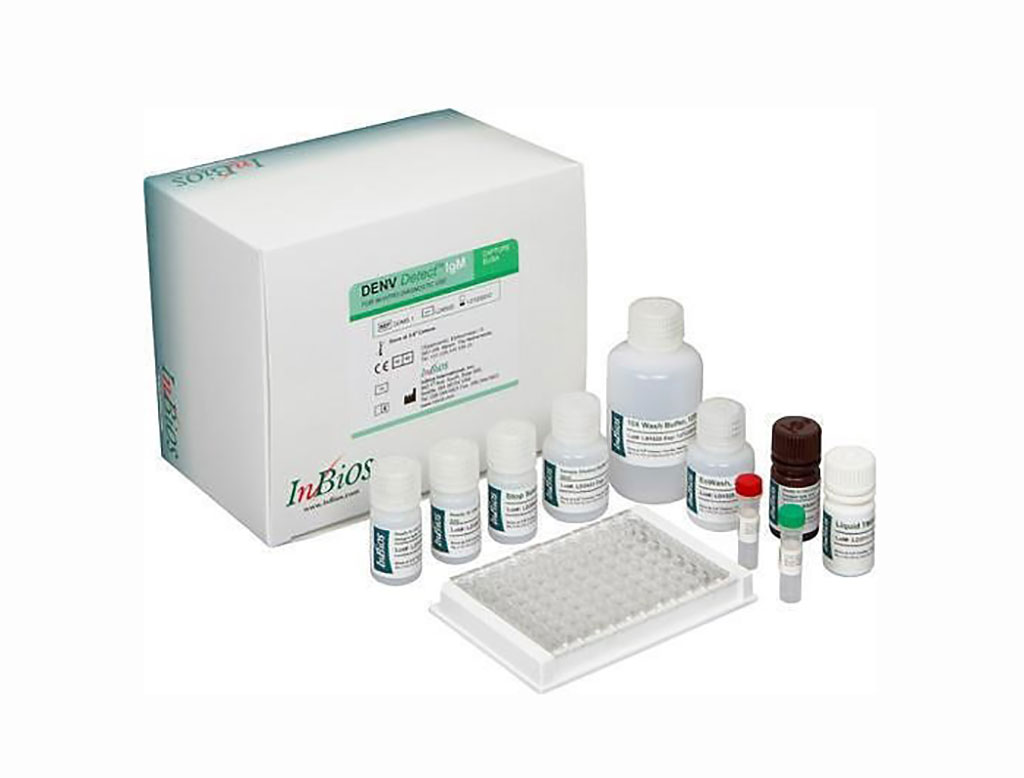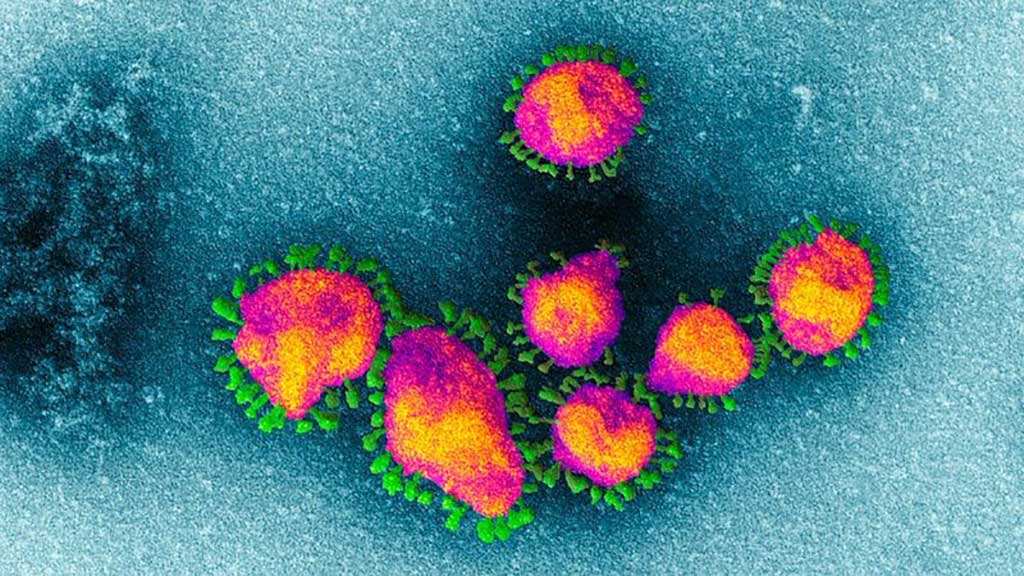Microbiology



Autonomous Microchannel Analyzer Combines with Smartphone for Off-site Disease Diagnostics
A novel microchannel capillary flow assay platform for detection of pathogenic microorganisms or other antigens combines with a smartphone for display, data transfer, storage, and analysis. More...18 Feb 2020

D‐dimer Levels Predict Ischemic Stroke in Infective Endocarditis
Infective endocarditis (IE) is a life‐threatening disease, especially in developing countries. IE may present many extra‐cardiac symptoms or signs, in which neurological complications are the most prominent and severe. More...17 Feb 2020

Coronavirus News Flash: Industry Races to Offer Diagnostic Remedies
In light of the worsening global Coronavirus health crisis, the In-Vitro Diagnostics sector around the world is racing to develop a definitive test for the COVID-19 virus. Several such assays are currently in the pipeline, and some are to be marketable within weeks. More...15 Feb 2020
![Image: This illustration reveals ultrastructural morphology exhibited by coronaviruses. Note the spikes that adorn the outer surface of the virus, which impart the look of a corona surrounding the virion, when viewed electron microscopically. A novel coronavirus virus was identified as the cause of an outbreak of respiratory illness first detected in Wuhan, China in 2019 (Photo courtesy of [U.S.] Centers for Disease Control and Prevention (CDC) Image: This illustration reveals ultrastructural morphology exhibited by coronaviruses. Note the spikes that adorn the outer surface of the virus, which impart the look of a corona surrounding the virion, when viewed electron microscopically. A novel coronavirus virus was identified as the cause of an outbreak of respiratory illness first detected in Wuhan, China in 2019 (Photo courtesy of [U.S.] Centers for Disease Control and Prevention (CDC)](https://globetechcdn.com/mobile_labmedica/images/stories/articles/article_images/2020-02-13/GMS-021B.jpg)

Rapid Antigenic Diagnostic Test Validated for Ebola Virus Disease
Hemorrhagic fever outbreaks are difficult to diagnose and control in part because of a lack of low-cost and easily accessible diagnostic structures in countries where etiologic agents are present. Initial clinical symptoms are common and shared with other endemic diseases such as malaria or typhoid fever. More...13 Feb 2020
In Other News
Rapid Diagnostic Tests Set to Distinguish Coronavirus from Other Respiratory Infections
Novel Reliable Assay for Tuberculosis and LTBI Tested
Two Chikungunya Virus IgM Enzyme-Linked Immunoassays Evaluated
Detection of Pathogenic Microorganisms in Semen by Sequencing Sperm RNA
Microbiota’s Role Explored in Colorectal Cancer Among the Young
Real-Time PCR Developed for Eumycetoma Diagnosis
Diagnostic Efficacy of Immunomarkers in Fungal Bloodstream Infection
Loop-Mediated Isothermal Amplification Discriminates Yaws Bacterium
Rapid UTI, Sepsis Tests Uses Digital PCR
Multivariable Diagnostic Prediction Score Validated for Leptospirosis
Resilient Bacteria May Be Treatable with Currently-Available Therapies
Infectious Disease Consultation Lowers Risk of Bloodstream Infection Mortality
Biomarker Identifies Septic Patients at Higher Risk for Mortality
Identification of Rickettsial Biomarker Facilitates Early Diagnosis of Tick-borne Spotted Fevers
Genetic Biomarkers Detect Incipient Tuberculosis, Predict Progression of the Disease
Helicobacter pylori Triggers Development of Stomach Disease
Mouth Swab Molecular Test for Tuberculosis Validated
CSF Cytokine Characteristics Defined from Children with Meningitis
Molecular Assays Developed for Hantavirus Pulmonary Syndrome
Blood-Based Sequencing Identifies Pediatric Cancer Infections Before Symptoms
Rapid Diagnostic Tests for Chagas Disease Field Evaluated
Fast and Inexpensive Device Captures and Identifies Viruses
Rapid Diagnostic Test for The Detection of G6PD Deficiency Evaluated
The LabMedica Microbiology channel provides the latest news in the fields of epidemiology, bacteriology, virology, and parasitology, all viewed from the unique perspective of Laboratory Medicine.










